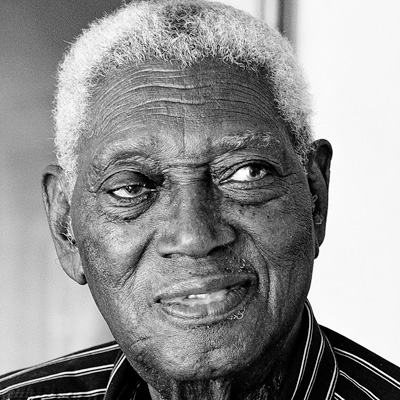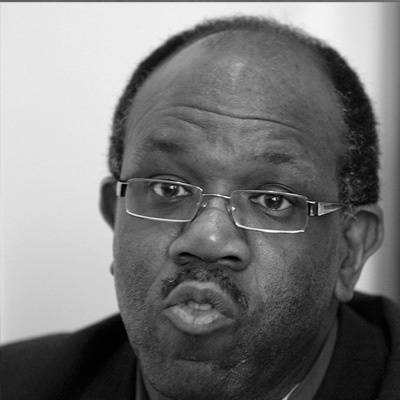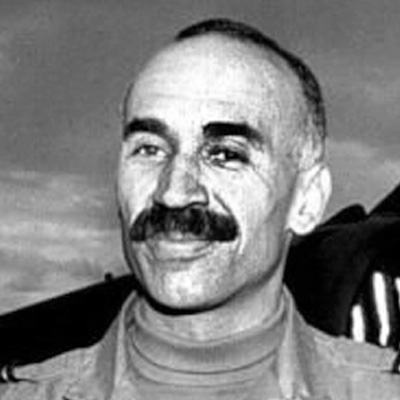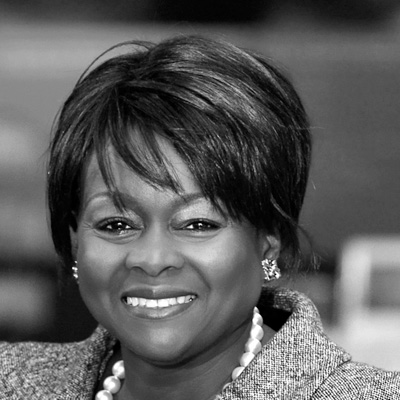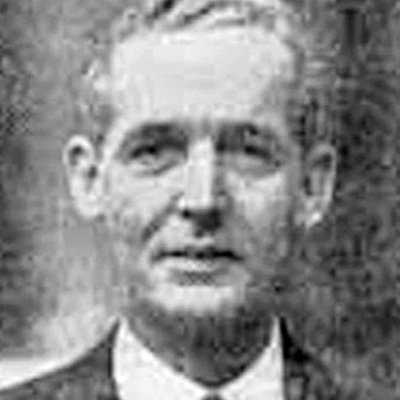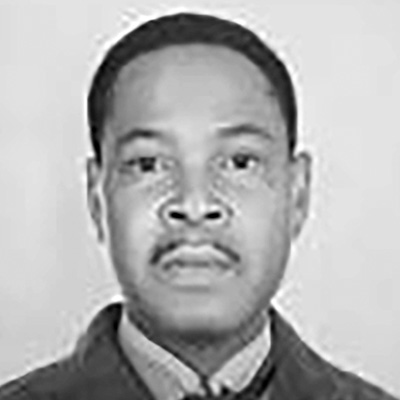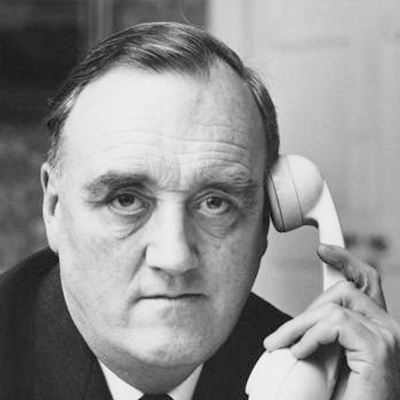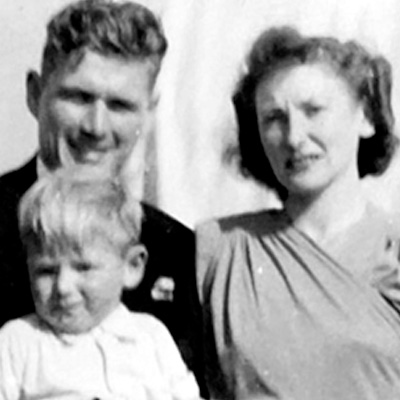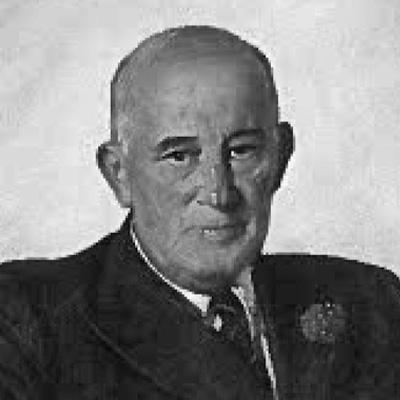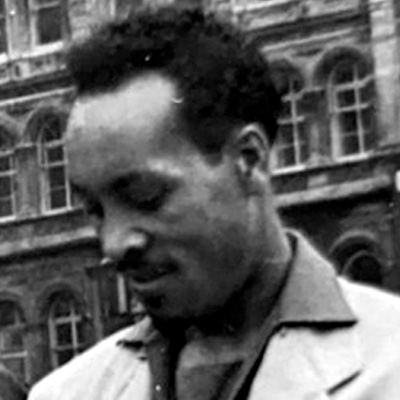Egbert Moore
PIONEERS
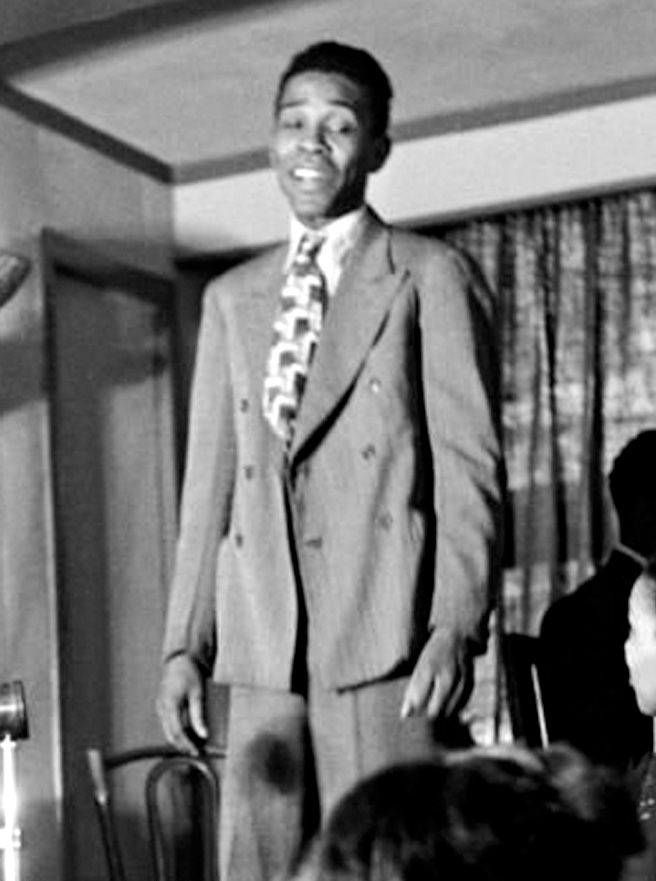
‘Calypsonian’s fun musical commentary proved a hit’
1904 - 1981
Share this:
Egbert Moore, better known as the calypsonian Lord Beginner, is remembered for his hit song ‘Cricket Lovely Cricket’ that marked the West Indies’ victory against England at Lord’s in 1950, although its correct title is ‘Victory Test Match’.
His other big seller, ‘General Election’, describes standing in the cold and rain with his girlfriend in Piccadilly Circus and being totally confused about the machinations of the 1950 election.
He had arrived in England on the Empire Windrush, which he boarded at Kingston, Jamaica, where he had been performing with fellow Calypsonians Lord Kitchener and Lord Woodbine.
In passenger list parlance, that made Jamaica his country of previous residence. But he was in fact a Trinidadian, born in Port of Spain on June 27, 1904.
The manifest also showed that he had no address to go to in England and on arrival at Tilbury he was bussed to temporary accommodation at a former war-time bunker in London, the Clapham South Deep Shelter, where he spent a few nights.
He was in his forties and already a name in Trinidad. In 1935, he travelled to New York with calypsonians ‘Growling Tiger’ and ‘Atilla the Hun’ to make a series of recordings for Decca Records that are said to have helped raise the genre’s profile internationally.
Coming to England, where there was a flourishing Black music scene, was a considered move. Within a few weeks, on August 9, he was performing alongside Windrush shipmate and fellow Trinidadian, Mona Baptiste, on the BBC’s Light Programme – today’s Radio 2 – with Stanley Black and his Dance Orchestra.
As the 1950s rolled in, calypso was becoming the latest sound, and Lord Beginner had several more hits to his name, among them ‘Family Scandal’ and ‘Gold Coast Champion’. As often on the stage as he was in the studio, on June 25, 1954, he performed at Kensington Town Hall as part of the send-off for Learie Constantine, the famous cricketer, who was returning to Trinidad.
By 1954, Egbert had not only settled in 37 Somerleyton Road, Brixton, south London, he had bought it and was advising others on how to put down roots in England. At some point, Egbert also purchased the house next door, No 39, as a court case reported in the South London Observer in October 1953 stated that he had sold that property.
In September 1954, Egbert left Southampton by boat for his first trip back to Trinidad. But his star was gradually eclipsed by ‘new brigade’ calypsonians led by Lord Kitchener, who was almost 20 years his junior. As his appearances in England became fewer so his visits to Trinidad increased. He faded from view and little more is known about him up to his death in 1981, aged 77.
Share this:

